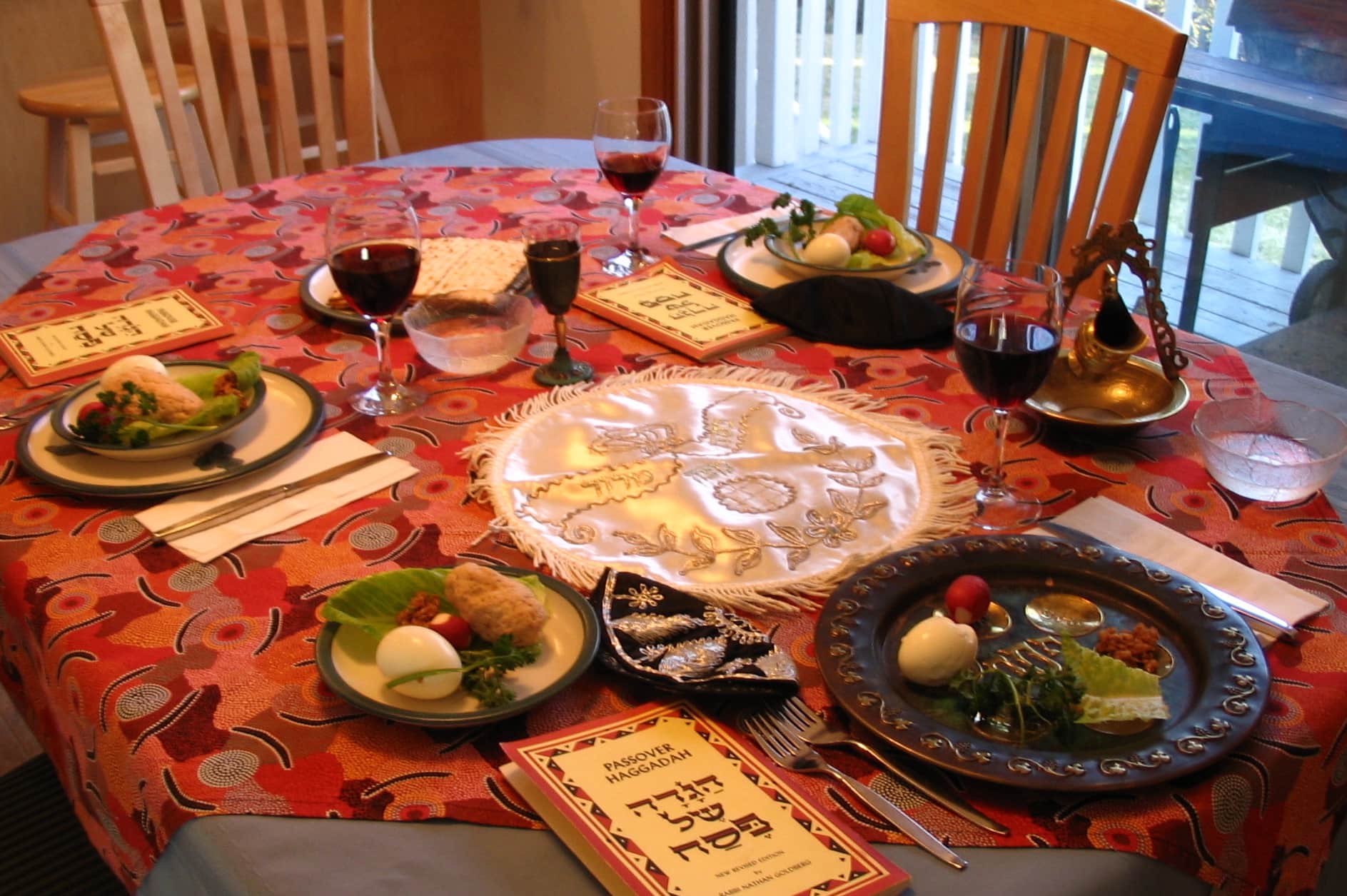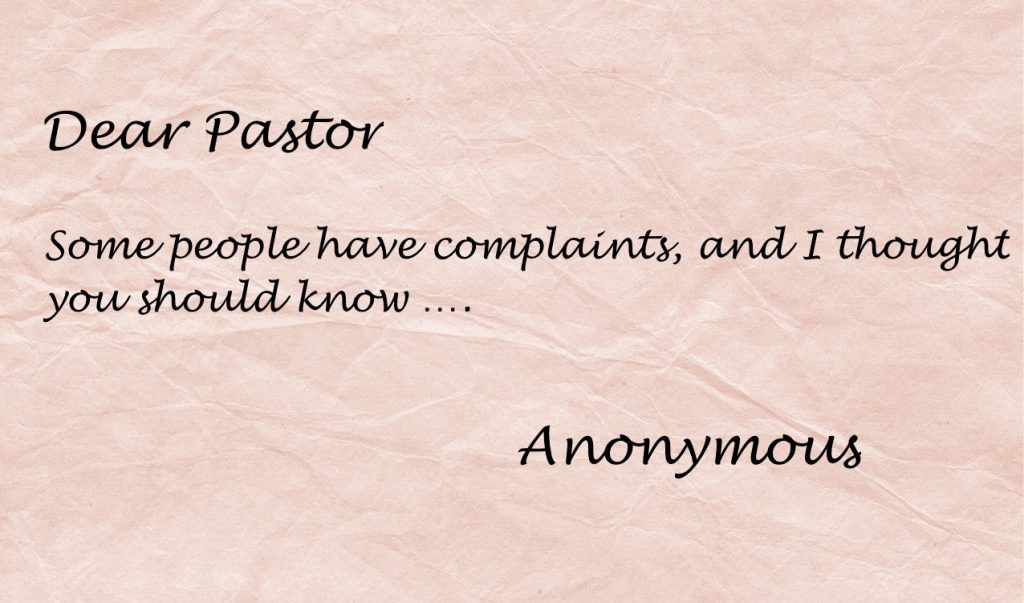 CHICAGO, IL (April 7, 2017) — Covenanters routinely share links to social media articles and videos that Covenant News Service believes may be of interest to others. Each Friday we post five of them. Following is a sample of those submissions—their inclusion does not represent an endorsement by the Covenant of any views expressed.
CHICAGO, IL (April 7, 2017) — Covenanters routinely share links to social media articles and videos that Covenant News Service believes may be of interest to others. Each Friday we post five of them. Following is a sample of those submissions—their inclusion does not represent an endorsement by the Covenant of any views expressed.
Trees Have Their Own Song
David George Haskell’s first book, The Forest Unseen, was a finalist for the Pulitzer Prize in general nonfiction in 2012, so he isn’t just someone whose ideas should be dismissed. What at first may sound like silliness actually may have significant impact on our understanding of community, connections, and wonder.
From the article: “I’ve taught ornithology to students for many years,” says Haskell, a natural history writer and professor of biology at Sewanee. “And I challenge my students: Okay, now that you’ve learned the songs of 100 birds, your task is to learn the sounds of 20 trees. Can you tell an oak from a maple by ear? I have them go out, pour their attention into their ears, and harvest sounds. It’s an almost meditative experience. And from that, you realize that trees sound different, and they have amazing sounds coming from them. Our unaided ears can hear how a maple tree changes its voice as soft leaves of early spring change into the dying ones of autumn.”
 Jesus Didn’t Eat a Seder Meal, Nor Should Christians
Jesus Didn’t Eat a Seder Meal, Nor Should Christians
What some may think as a way to honor Jewish tradition can be quite the opposite. In this article two rabbis write how Christians could eat a Seder meal without culturally appropriating an important Jewish tradition.
From the article: “…adopting another’s ritual shows a lack of respect. Even when pursued with the best of intentions, taking another faith’s sacred ritual and transforming it into an expression of one’s own tradition displays a misunderstanding of the complex nature of faith traditions. Good relations between Christianity and Judaism, and by extension, other faiths as well, may begin with acknowledging common principles, but also demand a clear articulation of the profound differences that separate them. However, it is surely not the goal of good interfaith relations for Jews and Christians to co-opt or reshape one another’s rituals for their own ends.”
 Dear Pastor, “Some People” ….. (How to Respond to Anonymous Letters)
Dear Pastor, “Some People” ….. (How to Respond to Anonymous Letters)
I think nearly every pastor I’ve known has received the anonymous letter. This wonderful article features an imaginary letter with real-life examples of anonymous complaints that pastors receive. They are often hurtful and can signal an unhealthy dynamic in the church if allowed to continue. The article also includes a great example of how pastors might respond.
From the article: “Since you did not sign your letter and most everyone you mentioned has gone unidentified—the infamous church choir known as ‘some people’—I am not quite sure who to respond to. Anonymous complaints are very difficult to get used to, I must say. It’s like getting punched with a bag over your head. It taints every relationship I try to have in the church, honestly, because I never know if the person I’m ministering to is someone I can trust with my heart or someone who has no compunction about sharing criticism of me with third parties behind my back. Therefore, because I cannot respond to you directly, I am posting this letter to the bulletin board in the fellowship hall. See ‘you’ at the next potluck!”
We Need More ‘Body Farms’
The story is kind of disgusting, yet it’s informative and presents fascinating data about important science.
From the article: “Researchers do know that tissue may linger in water that is cold or low in oxygen, but predicting how a body will break down is rarely straightforward. There are many elements that may play a role, such as depth and whether the corpse comes to rest in fresh or saltwater. ‘It really, really varies,’ Anderson says. ‘In some of my experiments we’ve had pig carcasses…last months and months with almost no change whatsoever, and in some cases they’ve been skeletonized in three days.’”
Being Lazy Makes You Successful
Michael Lewis, author of Moneyball, The Big Short, and The Blind Side, is one of the best writers around. If he says being lazy is good, who am I to argue?
From the article: “When was the last time you felt comfortable doing nothing? Not for an hour or a day, but in general, with no immediate projects at hand? Lewis said he has no problem with inactivity if nothing worthwhile has captured his attention. If he believed that being industrious was important, he said, ‘I’d be panicked at the question, “What are you working on?” if I wasn’t working on anything.’”
Apparently Darwin would agree. He was a slacker.














